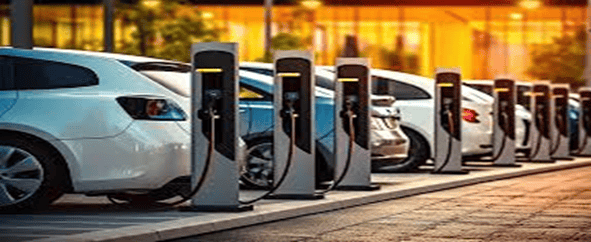The African country of Nigeria has been capturing the headlines and is quiet in the eyes of the world ever since its current government lifted a seven month ban on Twitter. Moreover, many of our readers question the reason behind the ban on the services of this San Francisco-based company. Well, this article has been authored in order to reveal details on the same.
The nation proclaimed that it would allow Twitter Inc. to operate in Nigeria again after the company met with a set of conditions. The state suspended the use of the social networking platform last year for an unstipulated period of time succeeding the removal of the Nigeria president’s account. It was in June 2021 when Mr. Buhari put up a post on Twitter with reference to the violence during a 1960’s-era Nigerian civil war that caused as many as millions of people to depart to heaven. The tweet was perceived as a warning to those responsible for bringing unrest in the country’s southeast region. This tweet was eventually deleted by Twitter and consequently, Mr Buhari’s Twitter account was suspended under the context of violating the platform’s rules.

The United States of America, European Union and Canada were among some of the countries who joined forces in censuring the ban as it was a step towards endangerment to the freedom of expression, thus instigating a global outcry over the fundamental human right of the citizens of the world.
Several Nigerian officials weighed against twitter for the action, while accusing the platform of showing tolerance towards and encouraging activities that put the country’s existence in jeopardy. At the same time, Information Minister Lai Mohammed called the move unfair and also went on to the extent of labelling it as equivalent to demonstrating double standards. As an approach of retaliation, Nigeria indefinitely banned access to Twitter services in the entire country.
Twitter, like any other social media platforms, has a meticulous list of content that must not be adopted in tweets. These restrictions include actions relating to abusive behaviour, harassment, discrimination or even violent threats. Any person or organization caught disrespecting these guidelines are sure to face various levels of measures which can result in post removal and account suspension or deletion.

There is absolutely no doubt that the widely recognized American Micro blogging platform portrays powerful political potency in the country where many citizens chose to turn a blind eye to the running of preferential media. Mr Buhari – who became a member of the Twitter clan in 2014 – made pertinent use of the platform to provide pieces of information on the subject of government policies.
According to what a plethora of news reports have to suggest, it has been noticed that Nigeria is Africa’s most populous nation with an estimated count of 200 million people. Before the ban, Twitter’s application could be put into the category of being the sixth-most used social media platform in the country. Nonetheless, the 222 day Twitter ban is evaluated to have cost the economy of Nigeria a whopping $1.5 billion loss.

Studies have proved the fact that approximately 20 per cent of Nigeria’s population have a Twitter handle and that many used the platform for business purposes. Owing to the ban on Twitter, many Nigerians incurred great losses, especially those businesses that depended more on the platform for marketing, customer association and promotions.
The negotiations under which the regulation of Twitter was promised required the channel to establish a local office in Nigeria, delegate a country representative to engage with Nigerian authorities and act in accordance with tax requirements. These guidelines posed as a better understanding tool between Twitter and the government of Nigeria.

“Twitter has agreed to act with a respectful acknowledgement of Nigerian laws and the national culture and history on which such legislation has been built”, read a statement made by Kashifu Abdullahi, director general of the National Information Technology Development Agency. However, news pulled in from Nigeria’s local media houses that some users are quite dubious in context to the timing of the ban being revoked. A number of reports suggest that the platform services were restored just in time for the election season alluding to the forthcoming 2023 general elections. Following the same, numerous witticisms and memes targeted towards the government were circulated at large.
Written by: Miloni Chheda
Edited by: Aditi Agarwal




